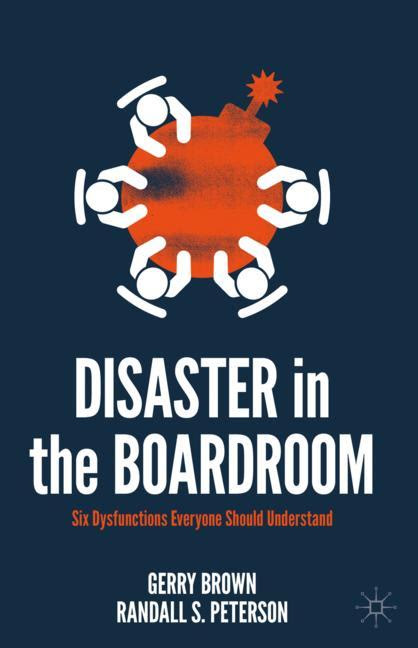With audited emissions data to shortly be mandatorily included in corporate financial reports, the Big Four – Deloitte, Ernst & Young, KPMG, PricewaterhouseCoopers – are out on manoeuvres burnishing their accounting regulatory and compliance credentials, according to one industry insider.
With stringent new environmental, social and governance (ESG) disclosure rules heading down the pipe, companies can ill afford any material misstatement in their ESG reporting.
At least that is the view of Gerry Brown, currently chairman of Novaquest Capital Management, a private equity firm focused on life sciences.
Brown writes in his new book Disaster in the Boardroom that if one thing is certain, it is that repeated oversight failures by the Big Four to spot financial problems during audits has plagued their activities in traditional corporate financial reporting.
If nothing else, this raises questions about their self-proclaimed abilities to expertly handle these additional ESG reporting responsibilities, Brown states.
“Even by their standards , if we ignore how bungled Big Four audits have jeopardised businesses, risked investor funds, pension plans and even the existence of the audited companies themselves across the globe – it is still brazen for them to suddenly float self-serving noises about their expertise in the media that claim or impute the value of their steadying-hands ESG corporate reporting tiller.”
A step too far
Corporate governance expert Brown worries ESG is a big step too far for the Big Four, not least since they rarely seem to accept their own failings, and repeatedly insist that – when serious audit errors, mistakes and scandals are found – no real wrong has been committed by the auditors themselves.
Brown comments: “Conflict of interest goes to the heart of the supposed independence of the Big Four auditing firms and the value they are intended to deliver.”
“Their heavy emphasis upon rules and process along with Big Four cultures where – in practice as opposed to public statements – revenue is prioritized over the principles of sound auditing is potentially going to be problematic for the transparency and accuracy of the corporate ESG financial reporting.”
Brown added: “In auditing cultures where profits are prioritized, despite established rules for dealing with potential conflicts of interest, professional judgment – even if or when consulting arms are separated internally from audit functions – can get subordinated.”
Based on past performance, ignoring reporting inaccuracies or gaming of requirements is an accident waiting-to-happen.

He is convinced that, until there is a satisfactory answer from Big Four auditors as to why they so often get it wrong, this new requirement for ESG corporate reporting will co-exist in a world where no one effectively and independently audits the auditors.
“Adding ESG responsibilities into the existing corporate financial reporting mix while trusting the Big Four to act as expert ESG guides seems optimistic at best.”
In fact, Brown concluded that, “based on past performance, or else, ignoring reporting inaccuracies or gaming of requirements, based on past Big Four audit scandals track record is an accident waiting-to-happen as well as downright dangerous for society and the planet.”





